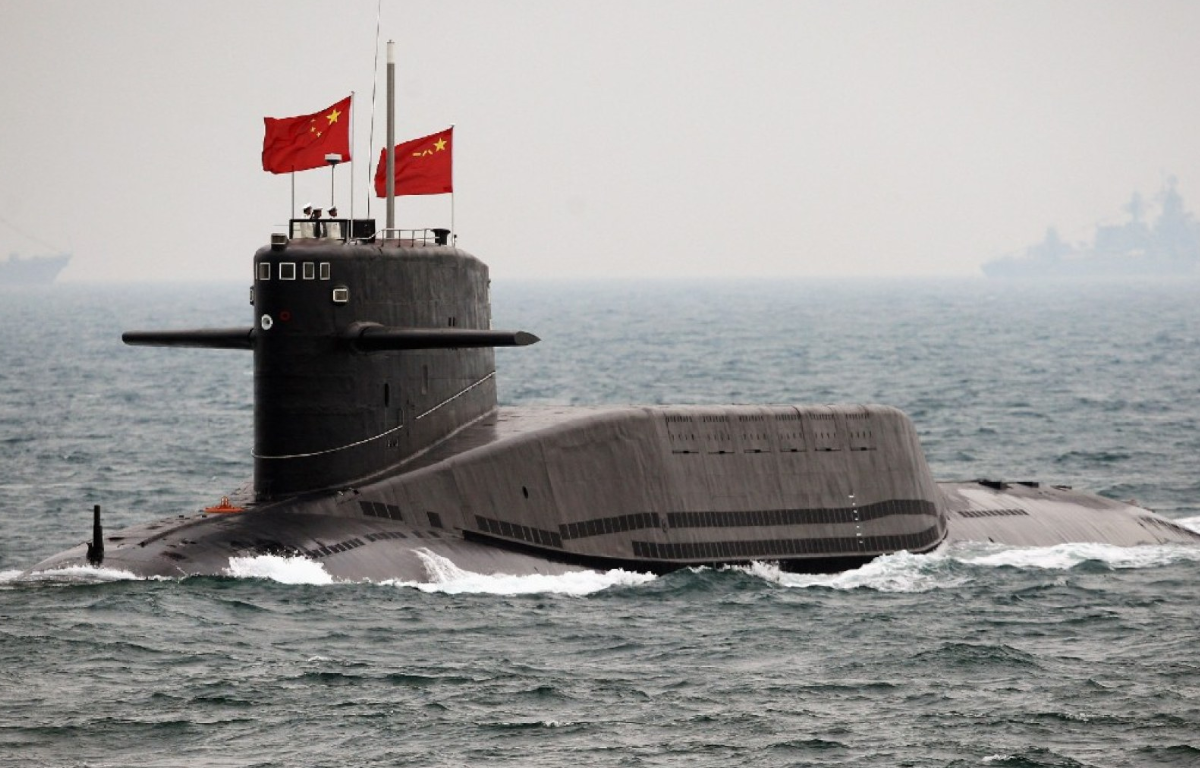
ASEAN-Plus Three is a regional initiative encompassing the ten ASEAN member states, along with China, Japan, and South Korea. Established to promote political and economic cooperation, it offers a platform for discussions on various fronts, including food security. This regional framework acknowledges the diverse challenges associated with food security, such as sufficiency, accessibility, nutrition, and resilience.
Across the ASEAN-Plus Three region, countries grapple with varying degrees of these challenges. Some nations are food exporters, while others heavily rely on food imports. The intricacy of food security is amplified by factors like climate change, shifting dietary patterns, and the vulnerability of global food supply chains.
Regional cooperation, within the ASEAN-Plus Three alliance, emerges as a pivotal strategy to address these multifaceted challenges. This cooperative approach encompasses trade and investment, enabling diversification of food sources and price stabilization. Moreover, it promotes the sharing of knowledge and technology, fostering agricultural productivity and sustainability. Collaborative efforts facilitate faster responses to food emergencies, offering crucial support during crises.
Joint research and development initiatives are poised to drive agricultural innovation, creating climate-resilient crops and sustainable farming practices. By supporting capacity building, particularly in food safety regulations and storage, the region can bolster the overall resilience of its food systems.
Food security is paramount in an unpredictable world. The vision of regional cooperation within the ASEAN-Plus Three framework holds the key to addressing these challenges collectively. The PBBM underscores the significance of such collaboration and urges member states to prioritize food security as a shared objective. Through resource pooling, knowledge sharing, and concerted efforts, the nations of the Asia-Pacific region can ensure a stable, secure food supply for their populations, promoting both economic prosperity and regional stability.










Share this: